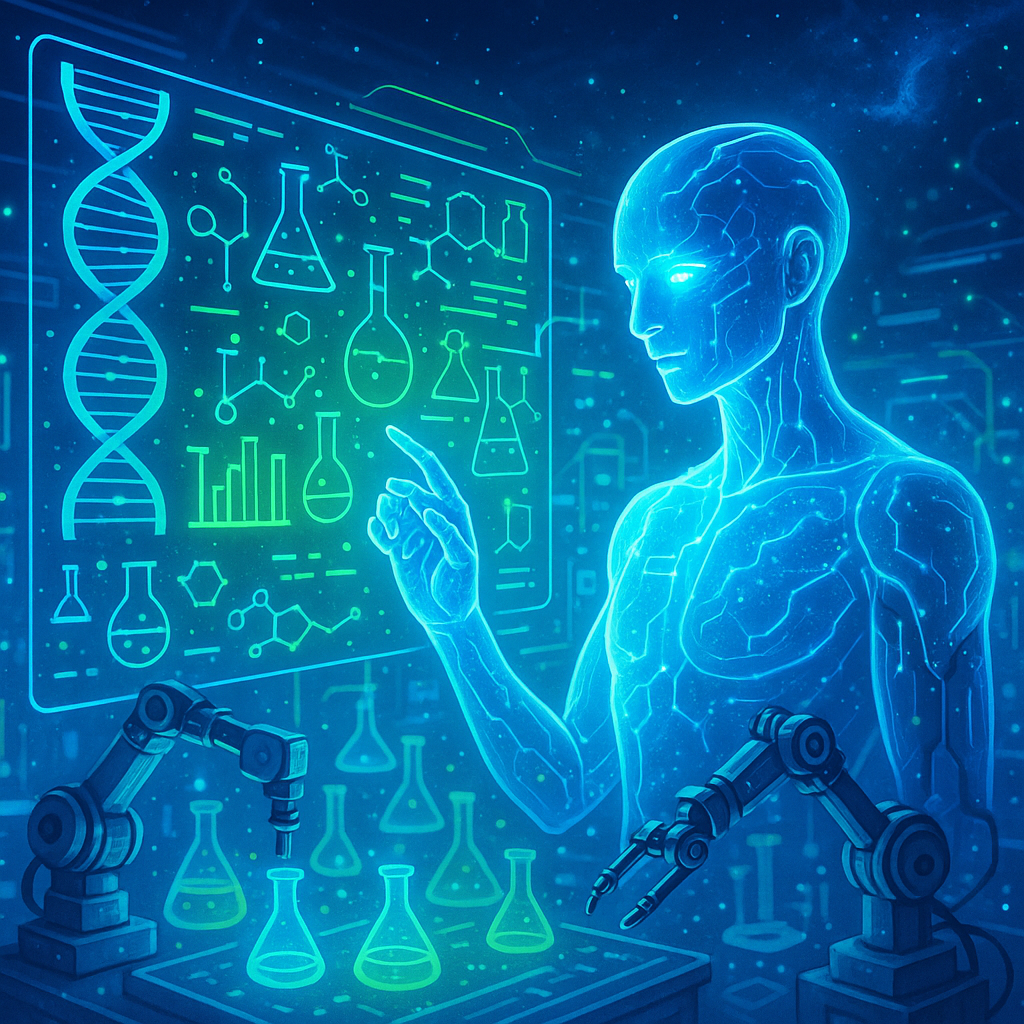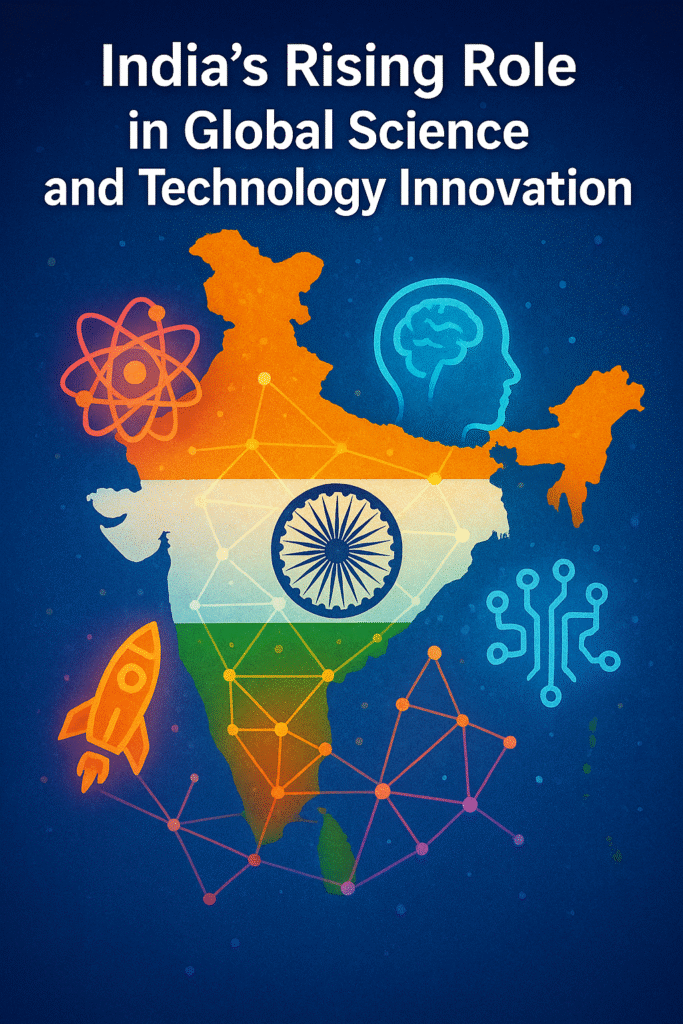
Artificial Intelligence (AI) has transitioned from being merely a futuristic vision to becoming a fundamental driver of scientific innovation. In 2025, AI technologies are dramatically reshaping the landscape of research by enhancing experimental accuracy, efficiency, and discovery potential.
Accelerating Research Processes
AI has significantly reduced research timelines through powerful machine learning algorithms capable of rapidly analyzing enormous datasets. Previously time-consuming tasks now take mere hours or minutes. Particularly notable is AI’s transformative impact in genomics, pharmaceutical research, and materials science, rapidly facilitating the discovery of new drugs, therapies, and eco-friendly materials.
Reference: Nature Biotechnology on AI in Drug Discovery
Predictive Analysis and Simulations
AI-driven simulations have reached unprecedented accuracy in predictive analytics. Climate scientists employ AI to produce highly reliable forecasts that aid in strategic environmental planning and climate crisis mitigation. Astrophysicists use sophisticated AI algorithms to analyze astronomical data, leading to groundbreaking celestial discoveries like exoplanets and gravitational wave sources.
Reference: NASA AI Initiatives
Enhanced Collaboration
AI facilitates unparalleled collaboration among global researchers. Advanced AI platforms enable seamless data-sharing and joint analysis, fostering an interdisciplinary approach and innovative breakthroughs. These collaborative efforts allow diverse scientific teams to tackle complex problems more effectively than ever.
Reference: Collaborative AI Platforms
Robotics and Automation in Labs
Robotic automation powered by AI minimizes human errors and increases productivity in research environments. AI-driven robotics manage complex chemical and biological experiments with precision, consistency, and safety. Robotics are also playing critical roles in advanced biomedical procedures, enhancing accuracy in tasks like microsurgery.
Reference: Science Robotics Journal
Ethical Considerations and Responsible AI
Ethical AI application remains crucial as AI integration becomes pervasive in science. Institutions emphasize transparency, fairness, and accountability, continuously working to mitigate biases and ensure responsible, ethical usage of AI systems.
Reference: Ethics of Artificial Intelligence
Future Outlook
The convergence of AI, quantum computing, and advanced analytics points toward an era of unprecedented scientific breakthroughs. Quantum-enhanced AI systems will further expand our understanding of complex phenomena, unlocking solutions to global challenges from energy sustainability to advanced medical treatments.
Reference: Quantum Computing and AI Synergy
Conclusion In 2025, AI is fundamentally transforming scientific research and discovery processes. By responsibly integrating AI into science, we not only accelerate innovation but also ensure sustained, beneficial societal impacts. The continuous evolution of AI promises to push the boundaries of human knowledge even further.

